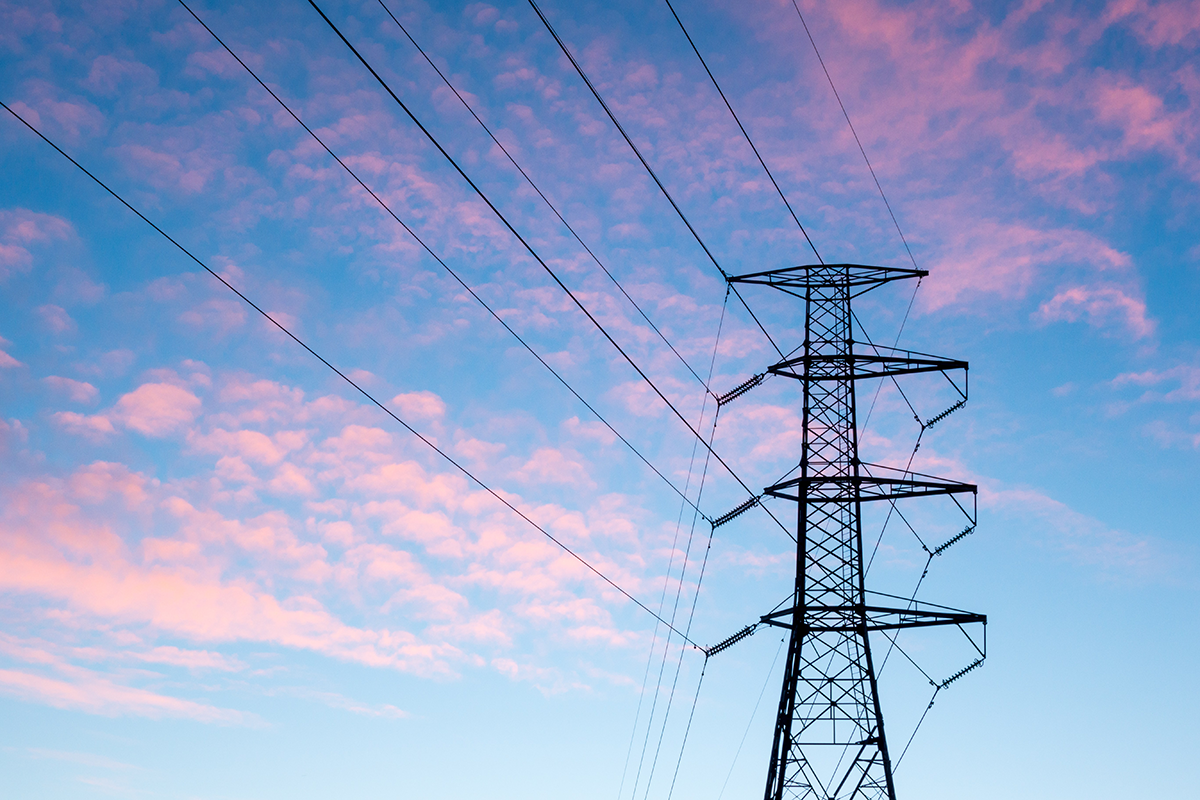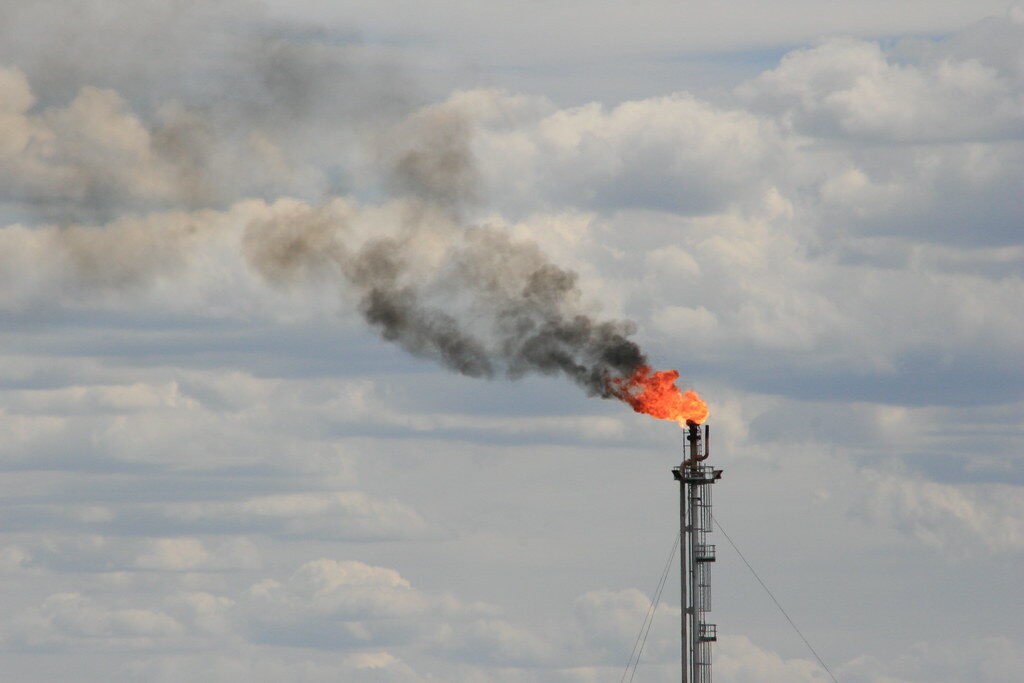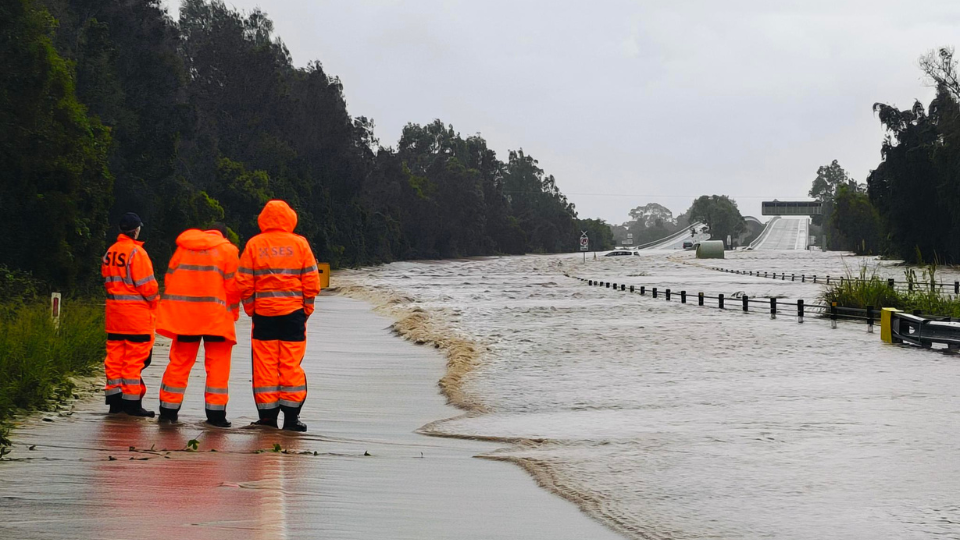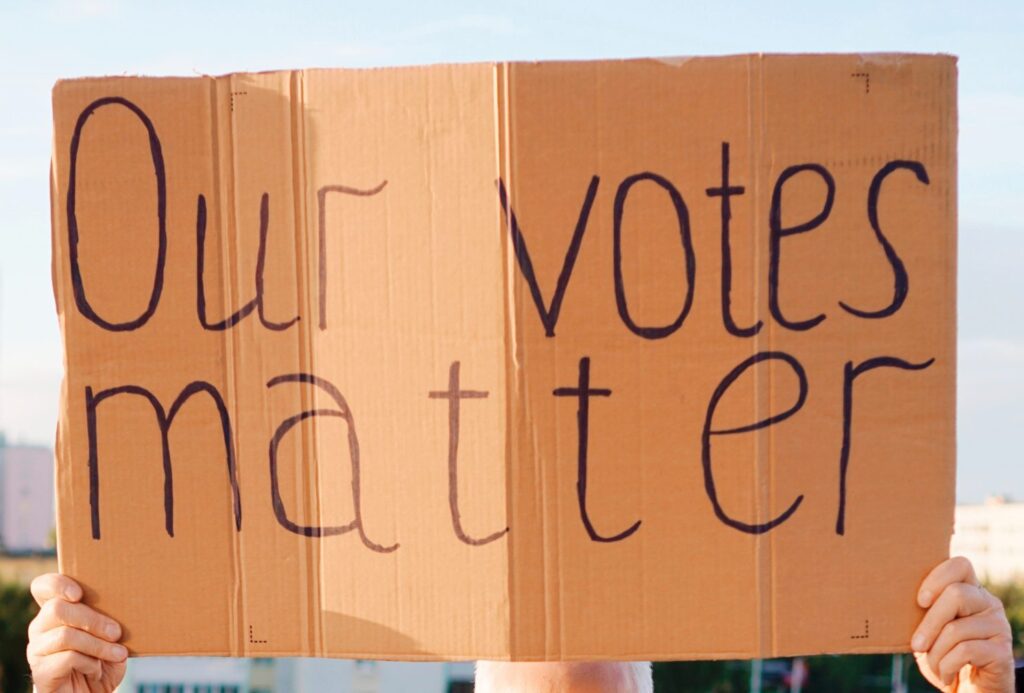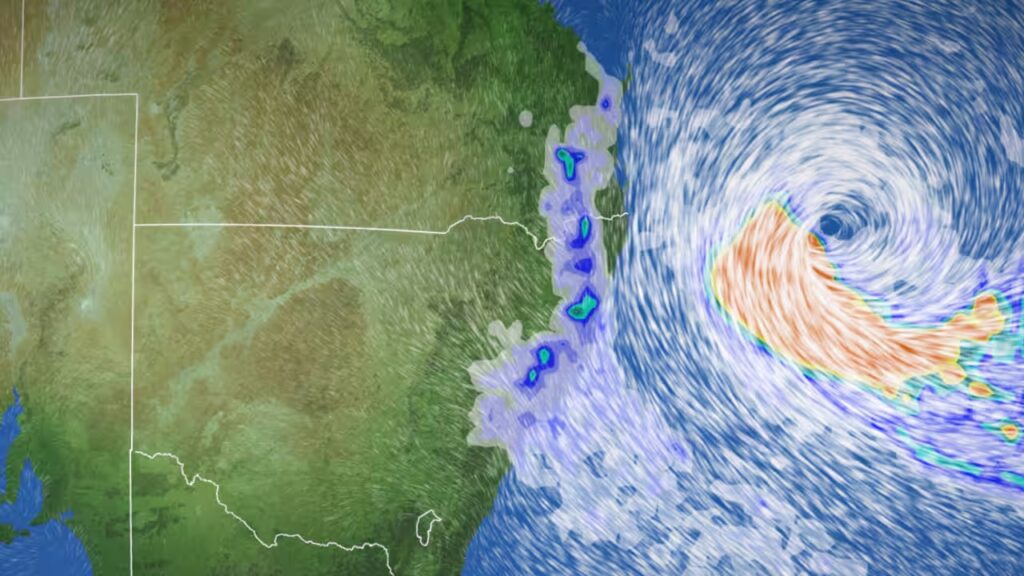It’s been all over the news and perhaps you’ve already started to feel the pinch yourself, but there’s no denying electricity and gas prices are on the rise. It’s been the perfect storm: a cold weather snap causing an increased demand for heating; a series of coal fired power station outages; and spiking commodity prices as a result of the war in Ukraine. All of these factors have contributed to an increase in wholesale electricity and gas prices across Australia.
So what’s really going on here? What can Australia do about it? And what does this mean for the future of Australia’s energy system? Our experts are here to break it down…
Why are our gas prices going up?
Gas prices are soaring across the country, but let’s be crystal clear, it’s not because of a gas shortage. It’s actually due to a gas export crisis – we have a LOT of gas! In fact, Australia is in the top three exporters of liquid natural gas in the world, right up there with Qatar and the USA.
The war between Russia and Ukraine has led to many countries applying sanctions on Russia, and banning the imports of their fossil fuels. This has caused major increases in the price of all fossil fuels, including gas, because Russia is a major exporter of both gas and oil.
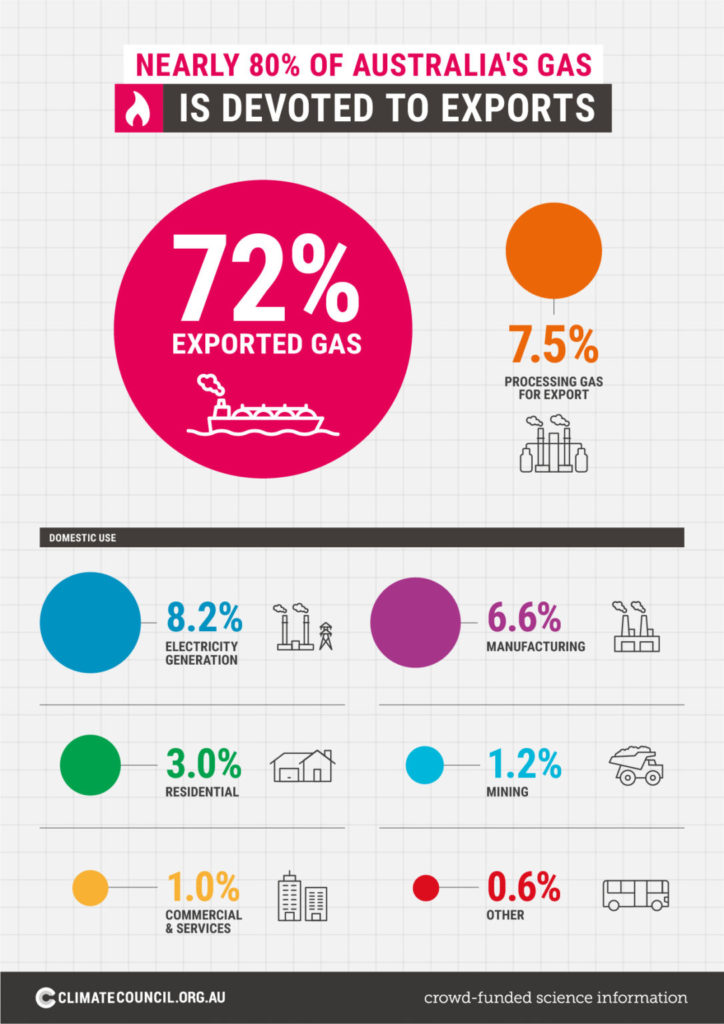
To make matters worse, the previous Australian Federal Government essentially gave free rein to gas companies in the eastern states of Australia, allowing them to export as much as they like overseas, and leaving domestic prices open to the volatility of the international market. In fact, nearly 80% of Australia’s gas is devoted to gas exports.
This forces Aussies to compete with global export prices for our own gas, while gas companies make super profits. Australians are now paying a heavy price for this energy policy failure by the previous government, its chronic dependence on fossil fuels, and inaction on emissions reduction.
This has flow-on effects for electricity prices in general. Although it is the most expensive form of generation, gas is often the ‘price setter’ in the National Electricity Market. This increases wholesale prices because all other forms of generation in a given period of time are paid what gas generators cost to run, which is driving up power bills for consumers.
Nicki Hutley, Climate Councillor and leading economist and former Partner at Deloitte Access Economics explains: “What we’re seeing right now is the cost of remaining heavily reliant on fossil fuels for energy. Soaring energy bills for many households will exacerbate already significant inflationary pressures.”
Why, in 2022, are we still so reliant on gas?
Great question! We really shouldn’t be.
Gas is a polluting fossil fuel which is driving climate change. To reach net zero emissions by 2035, we need to rapidly phase out gas from our energy system. The science has been very clear on this. The International Energy Agency has also made it clear that in order to achieve net zero and have any chance of keeping warming within 1.5C, no new gas, coal or oil developments can go ahead. None.
The reality is, due to a litany of policy failures over the past decade in Australia, Australians are far too reliant on gas. Too many homes, businesses and industries rely on gas for heating, cooking, and energy at the moment. The soaring power bills we’re currently experiencing hit the most vulnerable people in our society the hardest, which means Australians are being forced to make difficult decisions on household spending. Find out how to get your home off gas here.
A lot of the sting could have been taken out of this situation if our Federal Government had prioritised renewables in our energy system over the past decade, instead of backing in more and more fossil fuels. This would have left us in a much better position when faced with international energy crises, as well as put us on track to meet net zero emissions.
We’ve lost a decade of opportunity to get in front of this crisis, while the gas companies have continued to profit from their dirty product and global temperatures have continued to rise. It’s a crying shame, but the lessons are there to be learned and now there is no more time to waste as we get on track to our renewables future.
Fast-tracking our transition to renewables
Sun and wind are resources we have in abundance here in Australia, and the beauty is, they won’t run out! Unlike coal, oil and gas, which are finite resources that remain exposed to the volatility of the market.
Greg Bourne, Climate Councillor, energy expert, former President of BP Australasia and former advisor to Margaret Thatcher says: “We must turn our back on traditional self-serving responses and accelerate our investments in renewable energy and storage to help protect ourselves from volatility, lower our emissions, create new industries and become more self-sufficient.”
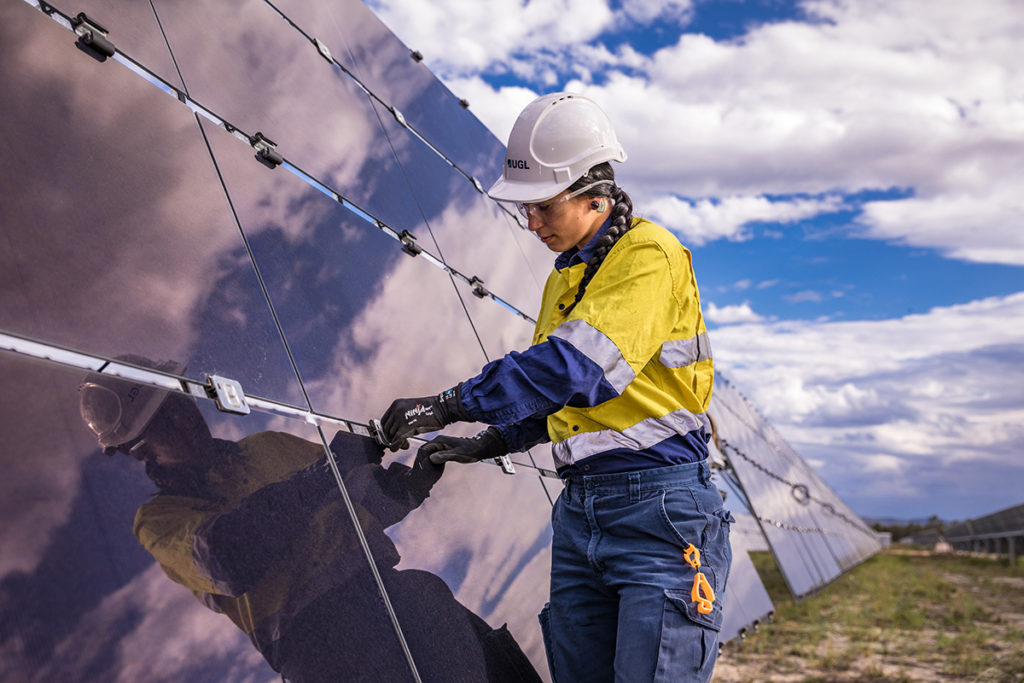
Renewables are now the cheapest form of energy generation in Australia, according to CSIRO. The quickest and cheapest way to increase Australia’s supply of affordable energy is to replace fossil fuels with renewables and electrify our households and businesses. We are one of the sunniest and windiest places on the planet – renewables backed by storage makes economic sense AND addresses climate change. It’s a real win-win situation.
To address climate change and the energy prices crisis, Australia needs to phase out fossil fuels as quickly as possible and replace them with clean and affordable renewable energy and storage.
The good news is that it’s already happening. In fact last year renewables provided more than 30% of power in Australia’s largest grid and in the ACT, where good policy has meant low-cost renewable power is surging ahead – power prices are actually going down.
So we know it works, we just have to pick up the pace.
Climate Councillor and leading economist Nicki Hutley sums it up nicely: “The only thing that could have avoided this problem was renewables. Renewables with storage should be the answer. The ACT is showing the rest of the nation how investing in renewables delivers greater returns to households and businesses in the form of cheaper, cleaner, energy.”
In summary: the quicker we get off planet-killing gas, the better off we’ll all be.

